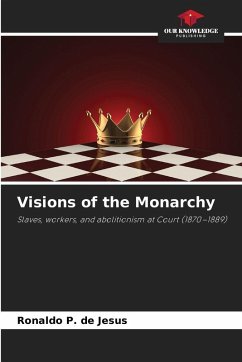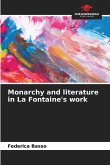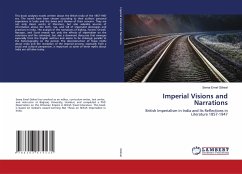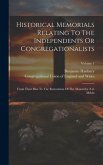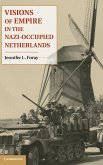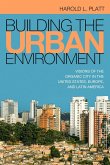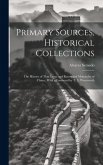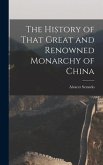The "public transcription" of the Monarchy outlined the construction of the image and self-image of the emperor as the orphaned monarch of the nation, majestic king, tropical emperor, patron of the Romantic movement, citizen king, and later, exiled martyr and national myth. At this level, the Monarchy was represented as an institution that enjoyed popular sympathy and conveyed a sense of protection and benevolence towards ordinary people, with Dom Pedro II assuming the role of a benevolent king, a kind of "father of the poor." But there was also the "hidden" project of the monarchy, which permeated the economic, political, and ideological practices of domination by the imperial elite, advocating the maintenance of social structures established during the colonial period. Thus, among the majority of the empire's inhabitants, the perception of the image and self-image of the king and the monarchical regime fluctuated constantly. Both in individual initiatives and in collective attempts to seek the collaboration and protection of Dom Pedro II, the royal family, and the crown, there was a coexistence of apathy, pragmatism, and opposition to the regime and the emperor.
Bitte wählen Sie Ihr Anliegen aus.
Rechnungen
Retourenschein anfordern
Bestellstatus
Storno

